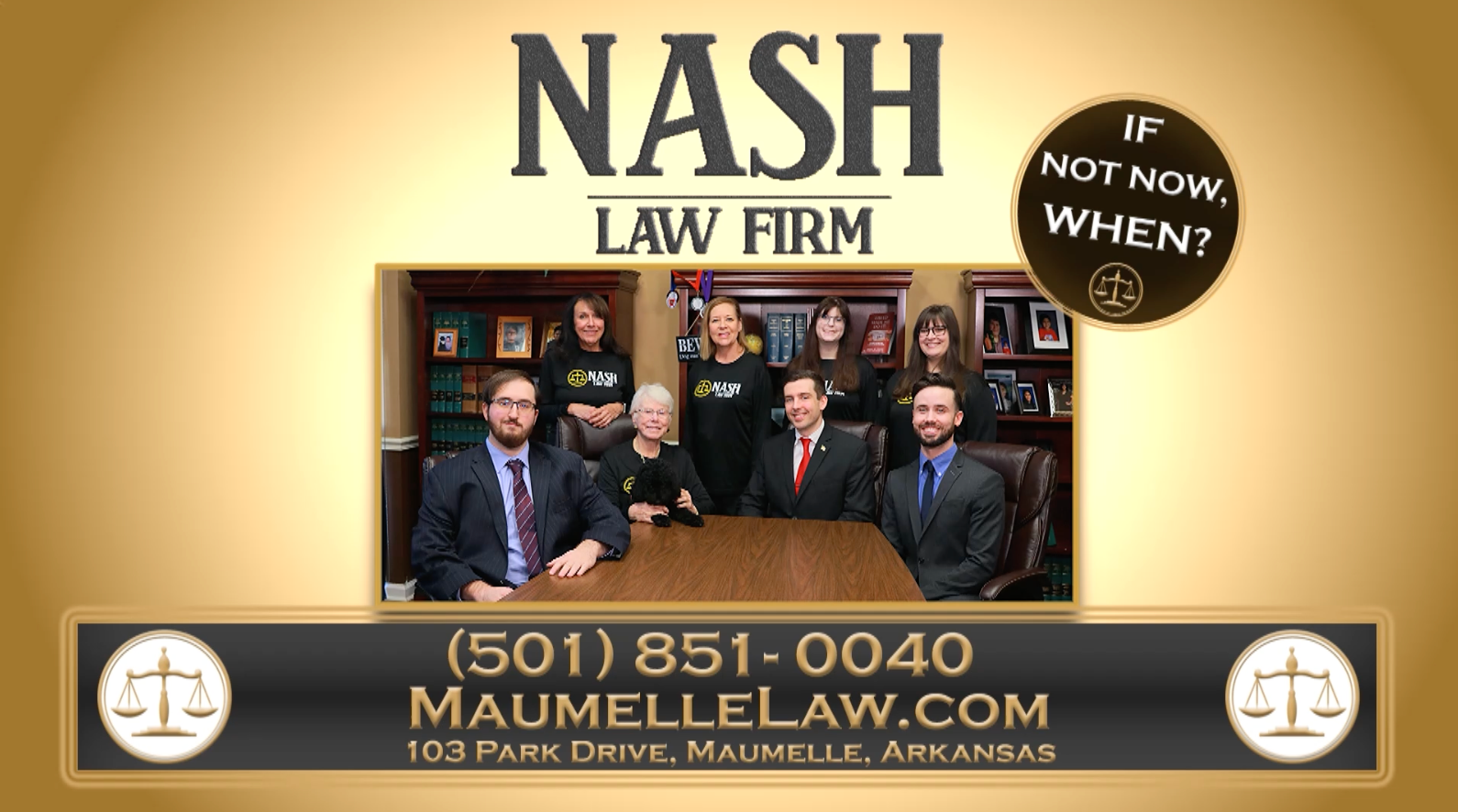How Medicaid and Estate Planning Work Together

Navigating the complexities of real estate law, Medicaid, and estate planning can be challenging. However, understanding how these elements work together is crucial for protecting your assets and ensuring your financial future. In this blog, we will explore the interplay between real estate law, Medicaid, and estate planning, and how to effectively manage these aspects to safeguard your assets.
Understanding Medicaid Eligibility
Medicaid is a government program that provides healthcare coverage for low-income individuals, including seniors. However, qualifying for Medicaid requires meeting specific income and asset limits. Understanding these eligibility requirements is essential for effective estate planning, especially if you or a loved one may need long-term care in the future.
Protecting Your Assets with Trusts
One effective strategy for protecting your assets while qualifying for Medicaid is the use of trusts. There are different types of trusts that can be utilized in estate planning:
Revocable Living Trusts: While these trusts offer flexibility and control over your assets, they do not protect your assets from Medicaid's spend-down requirements.
Irrevocable Trusts: These trusts can protect your assets from Medicaid's spend-down rules, as assets placed in an irrevocable trust are no longer considered part of your estate. This can help you qualify for Medicaid while preserving your wealth for your beneficiaries.
The Importance of Timing
Timing is crucial when it comes to Medicaid planning. Medicaid has a five-year look-back period, which means that any transfers of assets made within five years of applying for Medicaid can be subject to penalties. Therefore, it's essential to plan well in advance to avoid these penalties and ensure that your assets are protected.
Real Estate and Medicaid
Your home is often one of your most significant assets, and it's important to understand how it is treated under Medicaid rules. While Medicaid does not count your primary residence as an asset when determining eligibility, it can seek reimbursement from your estate after your passing. To protect your home, you can:
Transfer Ownership: Transferring ownership of your home to a trust or a loved one well before you need Medicaid can help protect it from estate recovery.
Life Estate: Creating a life estate allows you to transfer ownership of your home while retaining the right to live in it for the rest of your life. This can help protect your home from Medicaid recovery.
Comprehensive Estate Planning
Effective estate planning involves more than just protecting your assets from Medicaid. It also includes:
Creating a Will: A will outlines how your assets will be distributed after your passing and can help prevent disputes among your heirs.
Establishing Powers of Attorney: Powers of attorney allow you to designate someone you trust to make financial and medical decisions on your behalf if you become incapacitated.
Advance Healthcare Directives: These documents outline your preferences for medical treatment and ensure that your wishes are honored.
Understanding the interplay between real estate law, Medicaid, and estate planning is crucial for protecting your assets and ensuring your financial future. By utilizing strategies such as trusts and careful timing, you can safeguard your wealth and qualify for Medicaid when needed. Contact Nash Law Firm for a free consultation to discuss your estate planning needs and learn how we can help you navigate the complexities of real estate law and Medicaid planning. Our experienced attorneys are here to provide the guidance and support you need to protect your assets and secure your future.
DISCLAIMER:The information provided on this website does not, and is not intended to, constitute legal advice; instead, all information, content, and materials available on this site are for general informational purposes only. Information on this website may not constitute the most up-to-date legal or other information. This website contains links to other third-party websites. Such links are only for the convenience of the reader, user or browser; the Nash Law Firm does not recommend or endorse the contents of the third-party sites.
Readers of this website should contact their attorney to obtain advice with respect to any particular legal matter. No reader, user, or browser of this site should act or refrain from acting on the basis of information on this site without first seeking legal advice from counsel in the relevant jurisdiction. Only your individual attorney can provide assurances that the information contained herein – and your interpretation of it – is applicable or appropriate to your particular situation. Use of, and access to, this website or any of the links or resources contained within the site do not create an attorney-client relationship between the reader, user, or browser and website authors, contributors, or Nash Law Firm.









![Nash Law Firm Logo [click to return home] Nash Law Firm](https://lirp.cdn-website.com/8c4d5b2c/dms3rep/multi/opt/nashlogo_colorgray_horz-1920w.png)


![Nash Law Firm Logo [click to return home] Nash Law Firm Logo](https://lirp.cdn-website.com/8c4d5b2c/dms3rep/multi/opt/nashlogo_whgold_horz-1920w.png)

